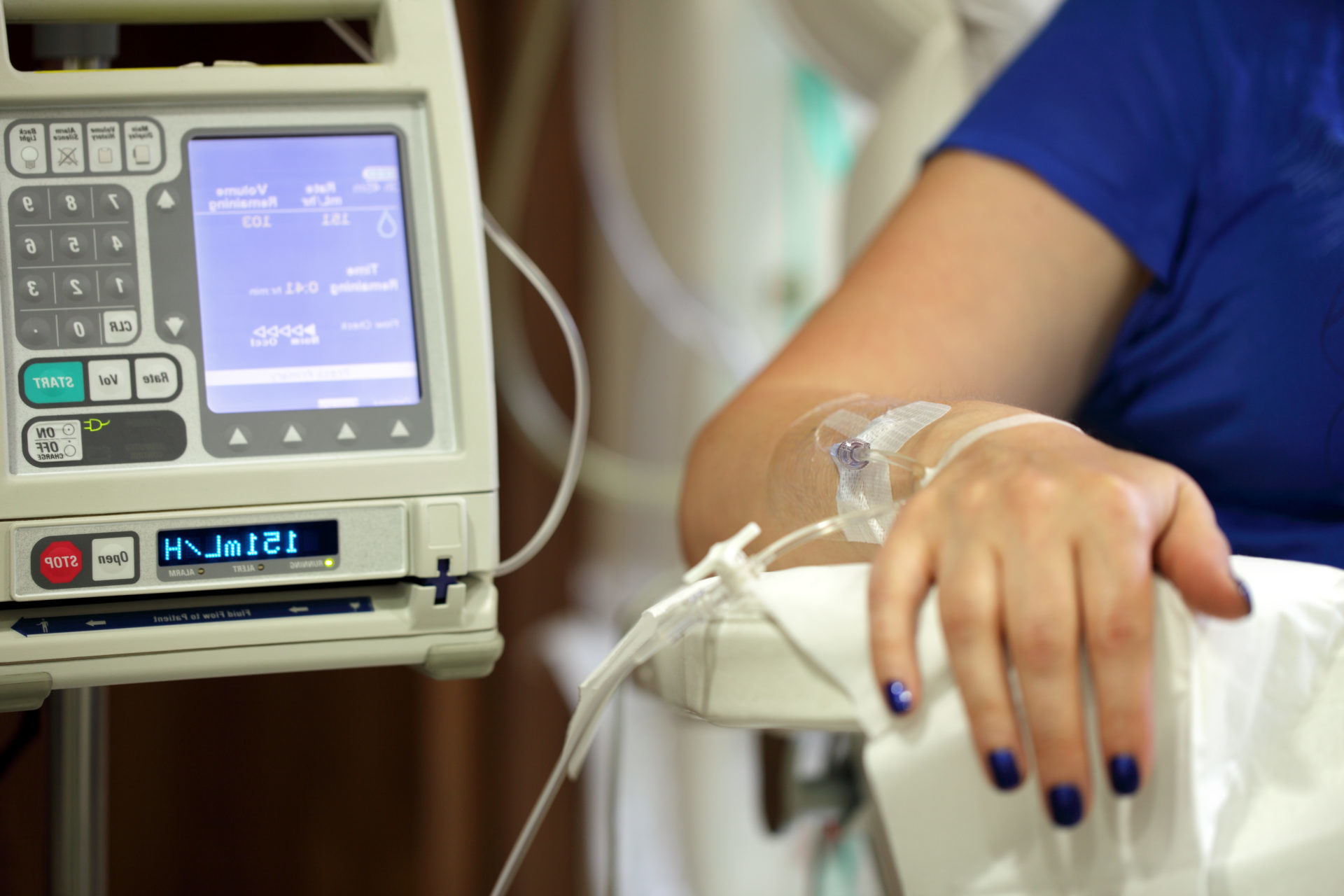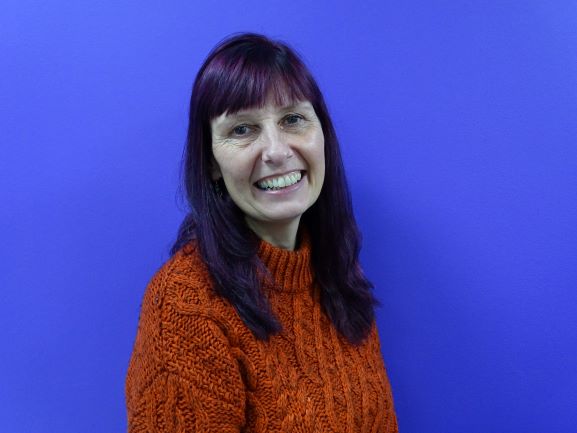Diet and chemotherapy
The pancreas produces enzymes that help to break down your food (part of digestion). Pancreatic cancer can cause problems with digestion. This causes symptoms such as weight and appetite loss, tummy pain and changes to your poo.
This can be managed with pancreatic enzyme replacement therapy (PERT). This replaces the enzymes your pancreas normally makes and helps to break down food. Brands include Creon®, Nutrizym® and Pancrex®.
PERT can help you cope better with chemotherapy. Most people with pancreatic cancer will need to take PERT. If you haven’t been given PERT, ask your doctor or nurse about it. A dietitian can also help you manage digestion. If you haven’t seen a dietitian, ask your GP, chemotherapy team or nurse to refer you.




